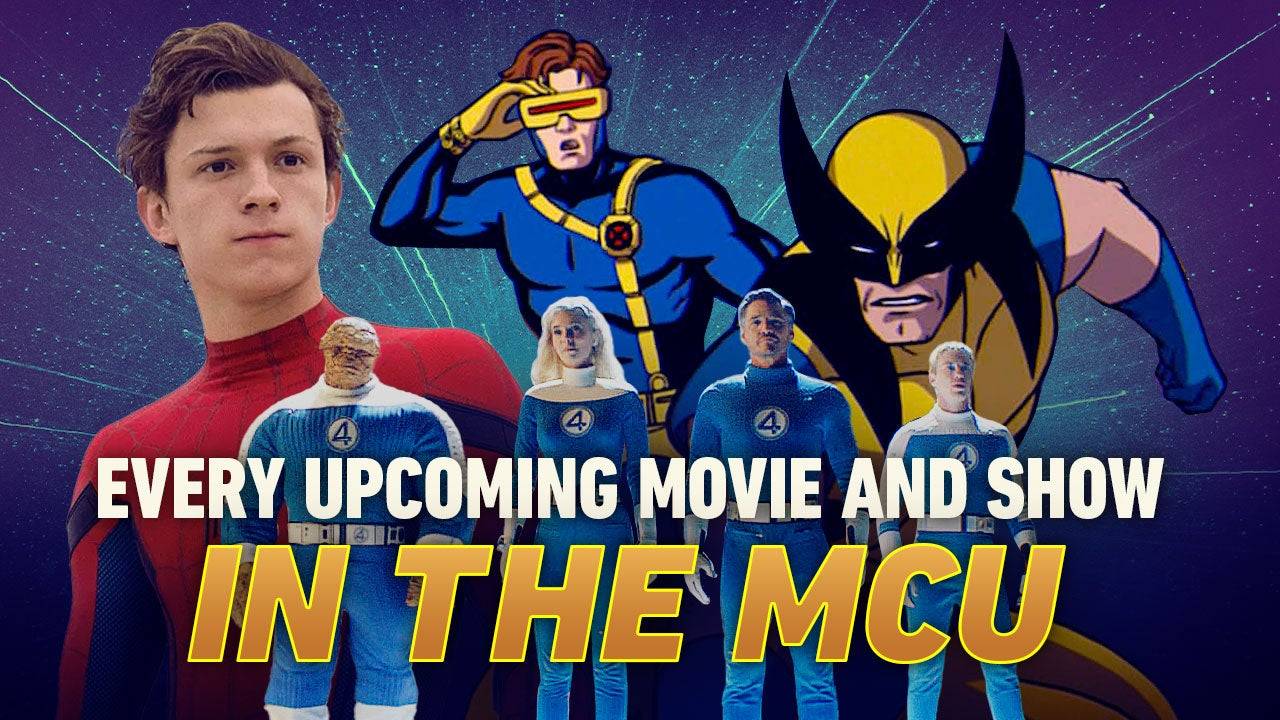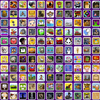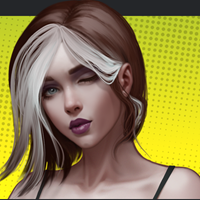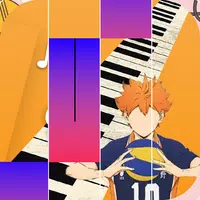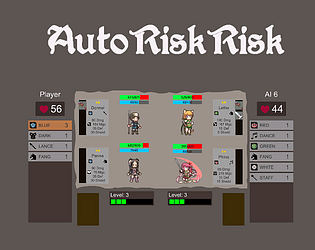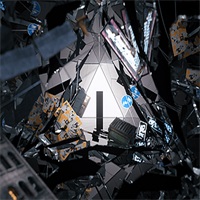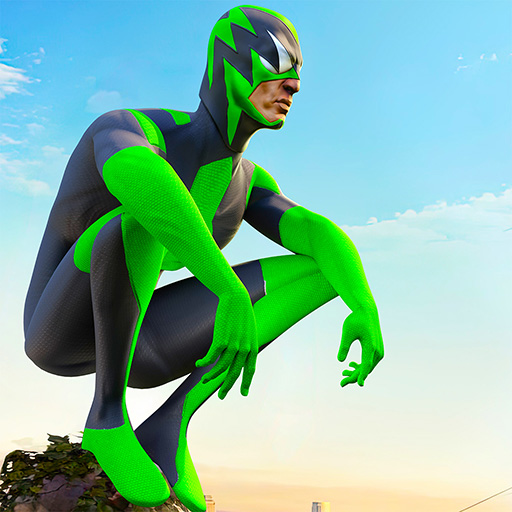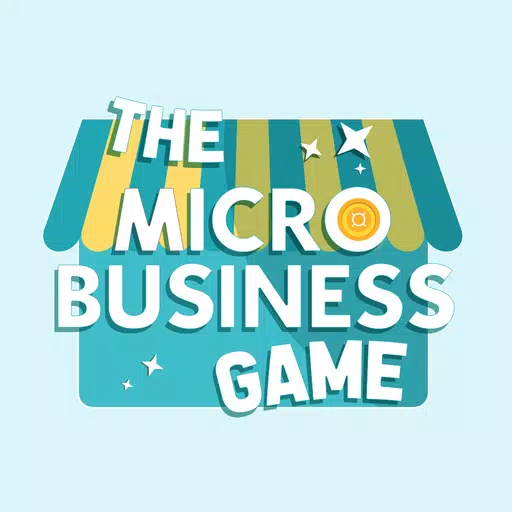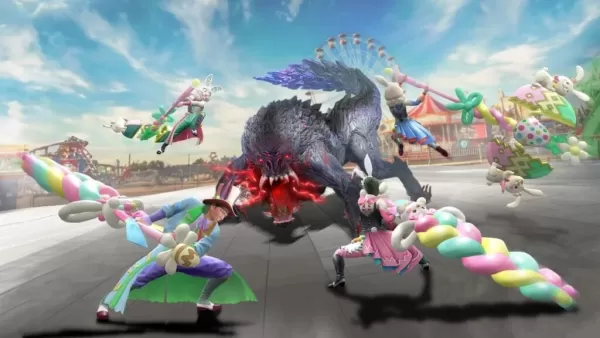Activision's AI Plans for New Major Games Revealed
Activision recently grabbed the gaming world's attention with unexpected advertisements for new projects based on beloved franchises such as Guitar Hero, Crash Bandicoot, and Call of Duty. However, the spotlight quickly shifted from the announcements themselves to the revelation that these promotional materials were crafted using neural networks.
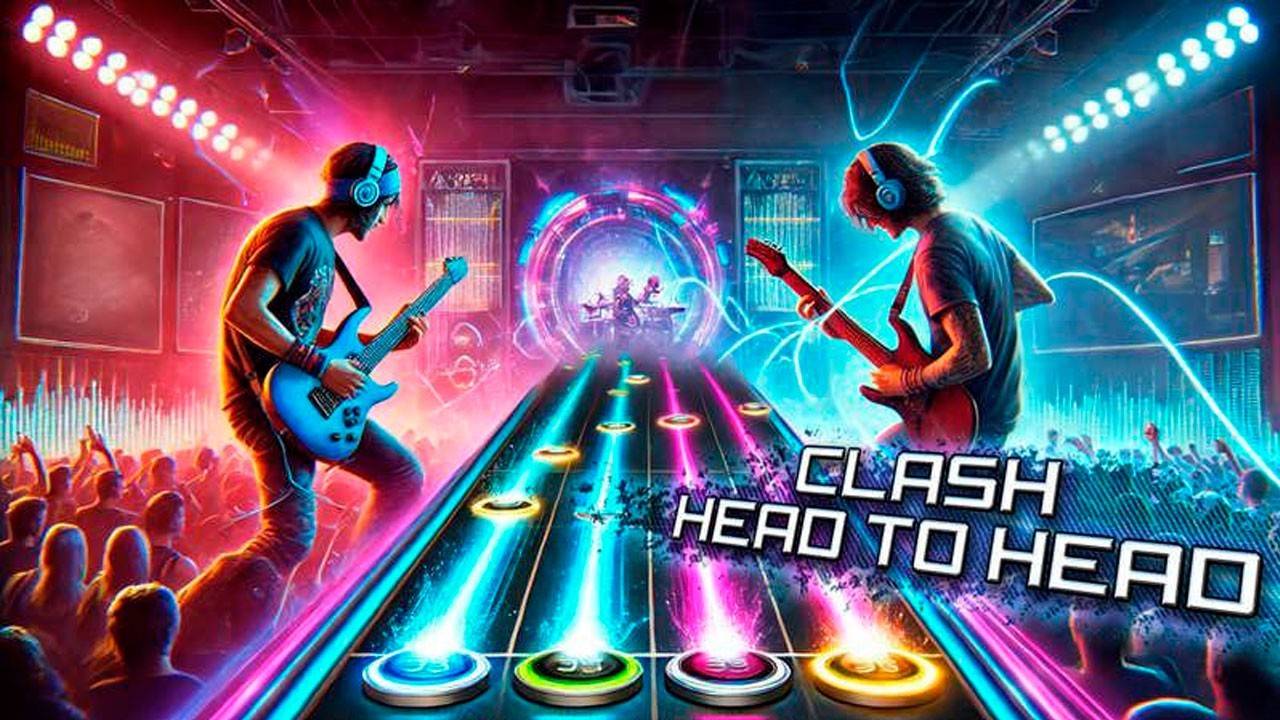 Image: apple.com
Image: apple.com
The first advertisement appeared on one of Activision's social media platforms, promoting Guitar Hero Mobile and directing users to a pre-order page on the App Store. The community immediately noticed the bizarre, almost surreal images, which triggered a flurry of online discussions. Subsequent reports revealed that other mobile titles like Crash Bandicoot Brawl and Call of Duty Mobile also featured AI-generated artwork in their promotional materials. Initially, there was speculation that Activision's accounts might have been compromised, but it soon became clear that this was an unconventional marketing experiment.
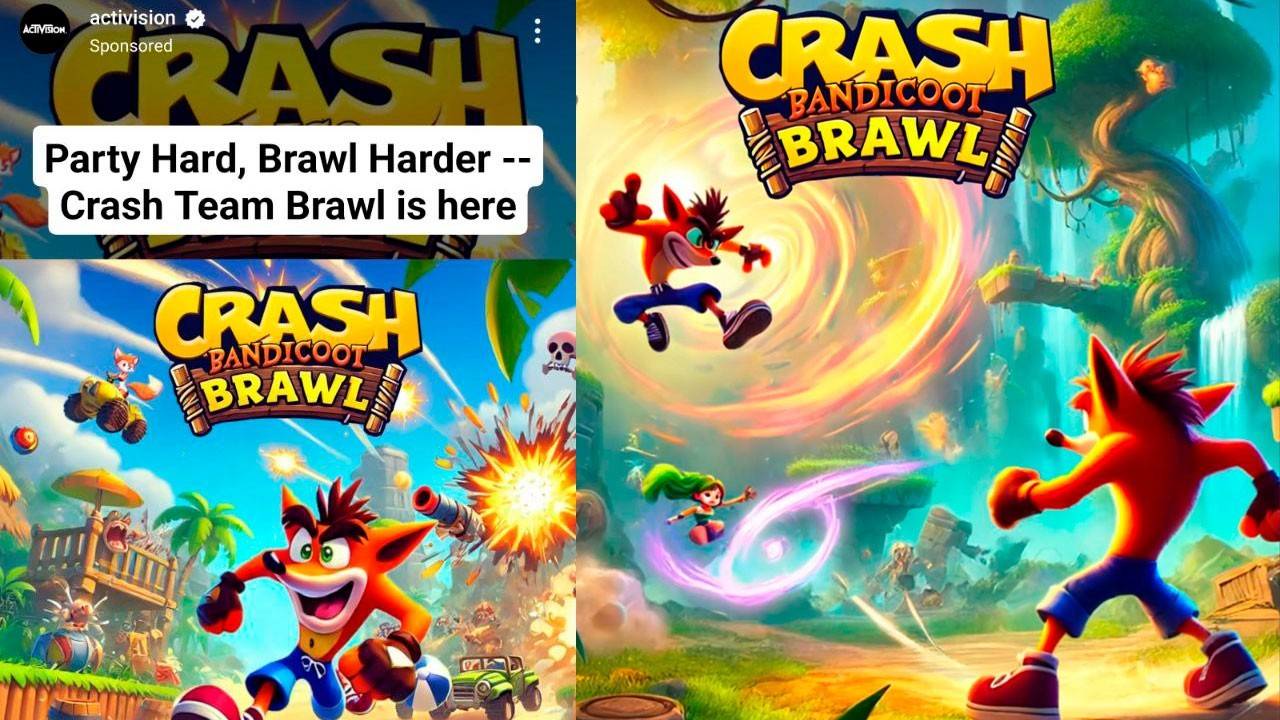 Image: apple.com
Image: apple.com
The reaction from the gaming community was predominantly negative. Players voiced their discontent over Activision's decision to employ generative AI rather than collaborating with human artists and designers. Many feared that this approach might degrade game quality, labeling potential future releases as "AI garbage." Comparisons were even drawn to Electronic Arts, a company often criticized for similar controversial practices in the gaming industry.
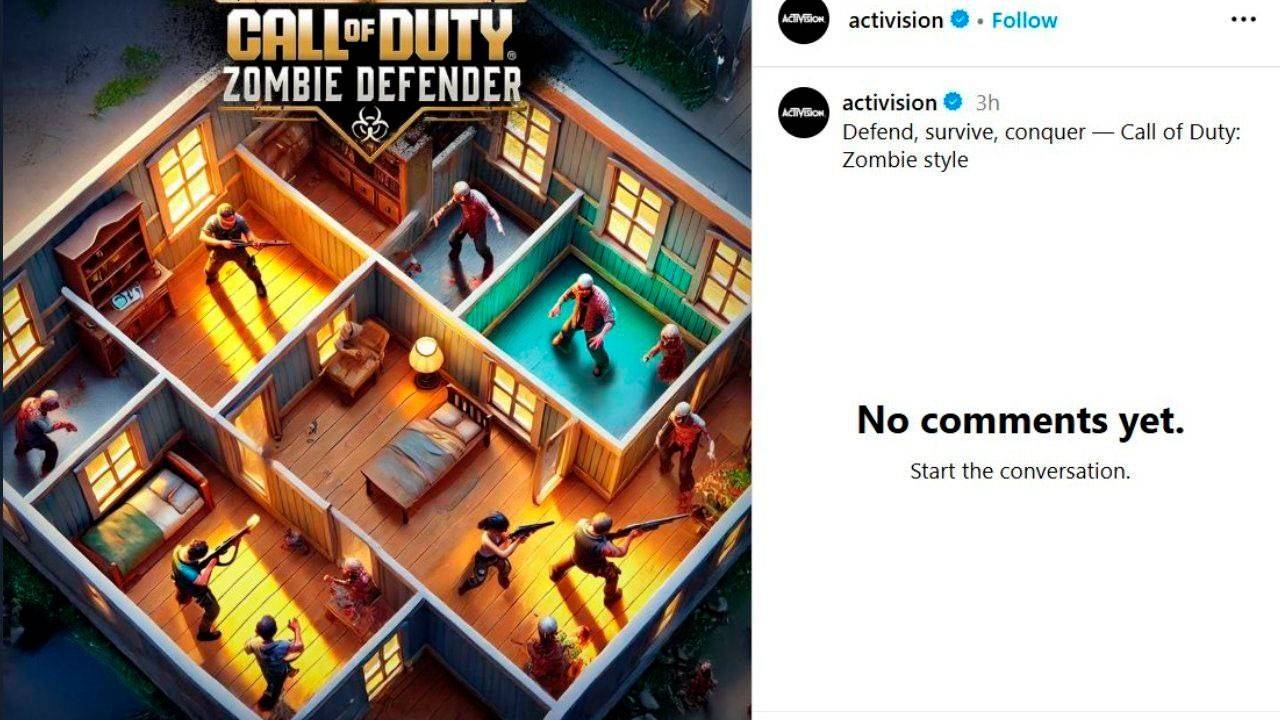 Image: apple.com
Image: apple.com
The use of AI in both development and marketing has become a hot-button issue for Activision. The company has confirmed the active use of neural networks in content creation for upcoming titles like Call of Duty: Black Ops 6.
In response to the backlash, some of the promotional posts were taken down. It's still uncertain whether Activision intends to release these games or if the AI-generated ads were merely a test to gauge audience reactions with provocative materials.
-
Clash Royale has finally introduced a major upgrade for the Inferno Dragon, nearly a decade after its initial release. The fiery Legendary card now boasts enhanced capabilities, with Supercell partnering with Finnish comedian Ismo Leikola for a speciAuthor : Natalie Dec 22,2025
-
HBO's Harry Potter TV series has reached a major casting milestone with the first six roles officially announced. While fans eagerly await reveals for Harry, Ron, Hermione, and Voldemort, we now know who will portray Albus Dumbledore, Minerva McGonagAuthor : Gabriel Dec 22,2025
- Spring Valley Farm Game: January 2025 Redeem Codes
- WWE Superstars Join Call of Duty Warzone: Mobile Roster
- Midnight Girl is a minimalist point-and-click adventure set in Paris in the 60s, now open for pre-orders on mobile
- Mobile Legends: Bang Bang – Best Lukas Build
- "Grand Outlaws Unleashes Chaos and Crime on Android Soft Launch"
- Video Game Song Surpasses 100 Million Streams on Spotify

